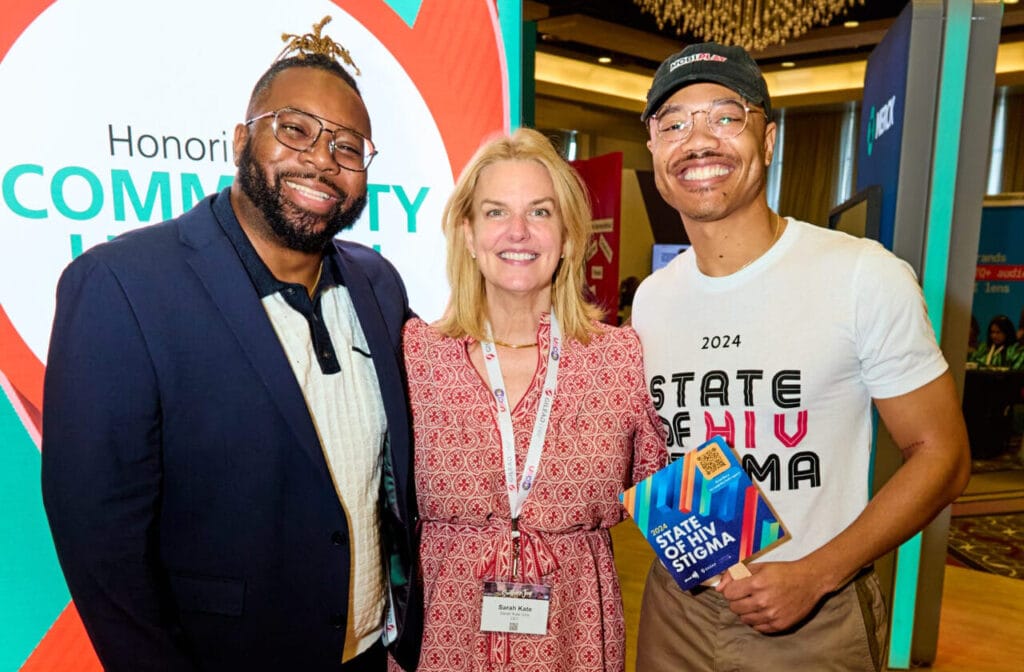The 2024 United States Conference on HIV/AIDS (USCHA) brought together advocates, healthcare professionals, policymakers, and community leaders from across the country for a pivotal gathering in the fight against HIV. Held in New Orleans, LA, this year’s conference emphasized the theme of Southern Joy and the urgent need to address health disparities, amplify the voices of marginalized communities, and reimagine prevention and care strategies in the Southern United States. Through dynamic panels, workshops, and networking events, participants explored innovations in treatment, the latest research developments, and the intersection of HIV with issues like racial justice, LGBTQ+ rights, and access to healthcare. USCHA 2024 was more than a conference—it was a rallying point for action, solidarity, and renewed commitment to ending the HIV epidemic.
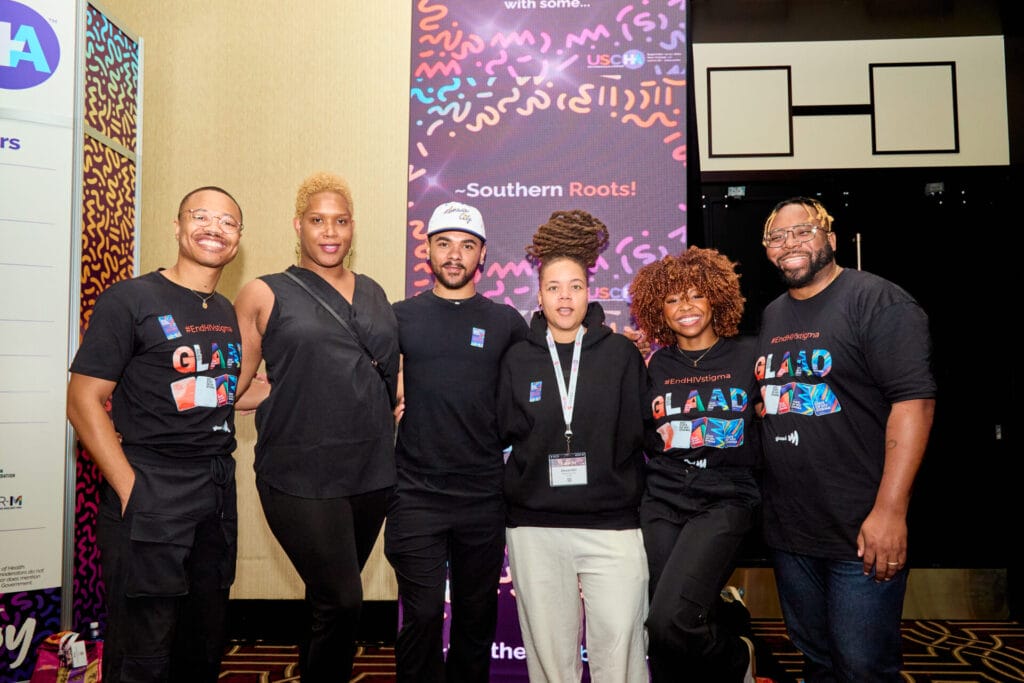
To open the week and welcome all attendees, the audience enjoyed an opening plenary luncheon emphasizing that “The South Has Something to Say!” It set the tone for a powerful conference by spotlighting the unique diversity and shared experiences of southern communities in the fight against HIV/AIDS. Through the lens of southern pride, joy, and rich history, this plenary delved into the complexities of the South, a region often marked by its contrasts but unified in its struggles and resilience. Speakers from various organizations based in the Southern States like Normal Anomaly Initiative Inc., AIDS Alabama, and Southern AIDS Coalition among others addressed the urgent need to not only focus on HIV/AIDS treatment and prevention but also to tackle broader issues like voting rights, Medicaid expansion, stigma, and racial discrimination that impact health equity. Produced by NMAC and the Southern Advisory Committee, under the leadership of Dafina Ward, the session highlighted how collective action across communities in the South is vital to and achieving progress, while celebrating the region’s strength and diversity.
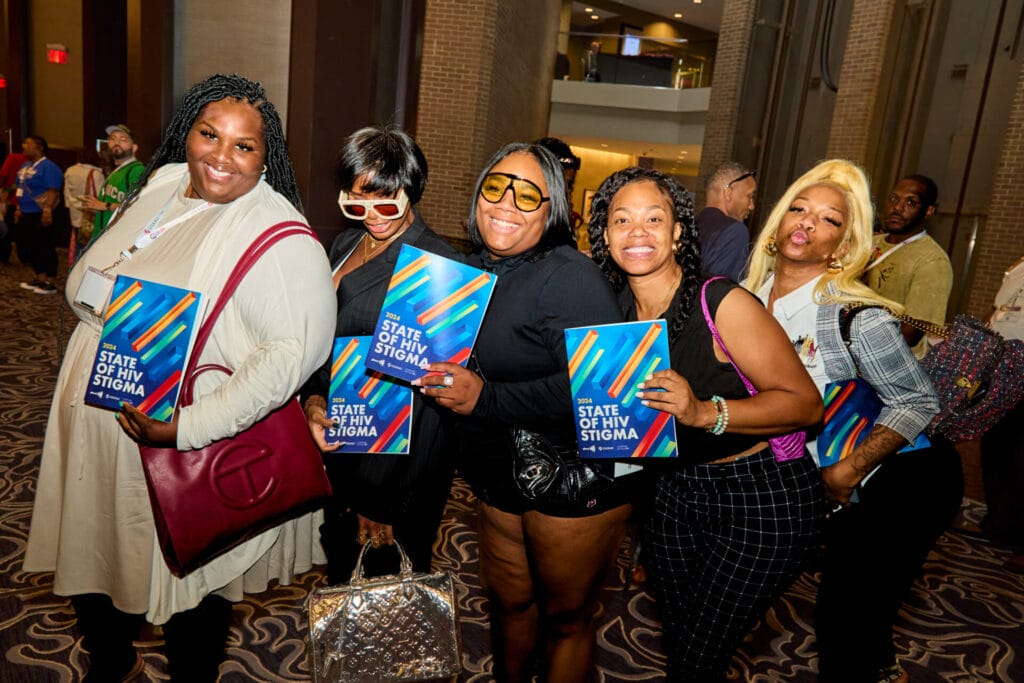
Throughout the week and weekend was a series of workshops ranging in topics from how to empowering young adults to facilitate HIV prevention stategies, to Black women being emerging leaders in HIV, to HIV being at the crossroads of faith and racism, to the connection between HIV and incarceration. One of the workshops being “Black Women and BIPOC Leaders: Breaking Barriers, Building Bridges.” The sessions offered an empowering space for Black women and BIPOC leaders in health departments and community-based organizations to confront the systemic challenges they face, particularly in the South. Drawing from the National Alliance of State and Territorial AIDS’s (NASTAD) Minority Leadership Program, the session combined interactive activities, case studies, and facilitated discussions to explore how institutionalized racism, structural limitations, and biases impact leadership opportunities. Led by NASTAD leaders Angela Johnson, Rachel Browning, and Sharday Lewis, participants engaged in a collaborative process to analyze these barriers and develop actionable strategies for breaking through them. The session underscored the importance of leadership advancement for BIPOC professionals and highlighted how collective efforts can bridge gaps, foster resilience, and empower emerging leaders to create more inclusive, equitable health systems in their communities.
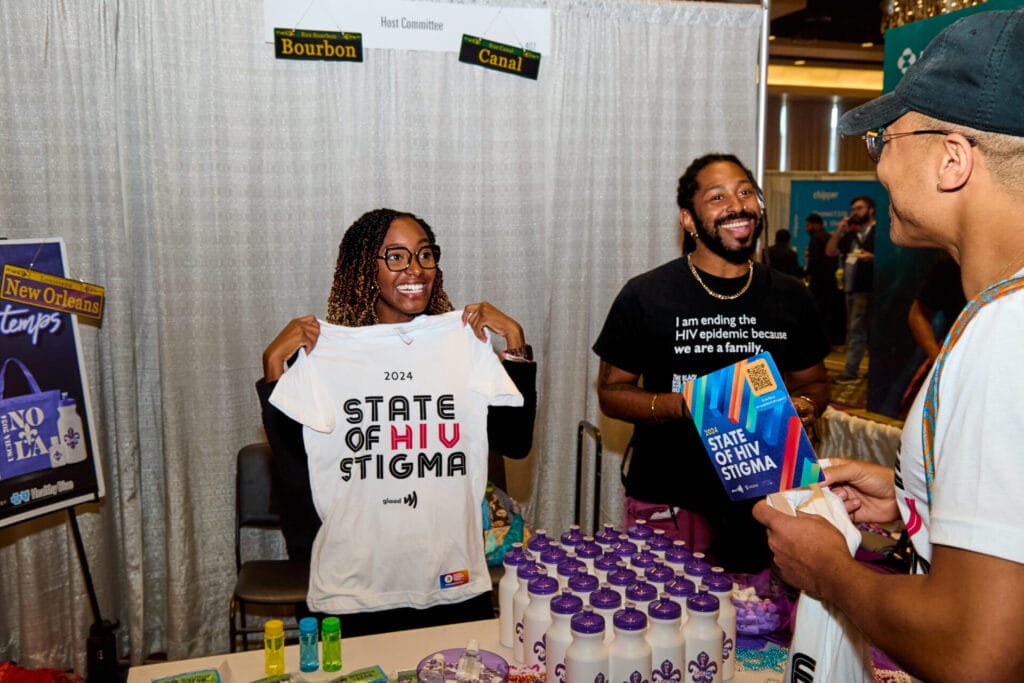
Another workshop session called “Your Vote, Your Future: Amplifying Southern Black & Trans Voices”* provided a dynamic and interactive space for participants to engage with the pressing policy challenges facing southern Black and LGBTQAI communities. Led by moderators Dr. Hanna Tessema and Lisa Frederick from Black Womens Learning Institute, the session highlighted the critical work of NMAC’s Coalition for Justice & Equality Across Movements, which unites diverse national leaders to counter growing threats to the rights, health, and well-being of marginalized communities. Panelists Allen Morris from National LGBTQ Task Force, Dr. Elijah Nicholas from The Global Trans Equity Project, A. Kouture from National Action Network Inc., and April Winder from Southern Poverty Law Center led a powerful discussion on harmful legislation, key ballot initiatives, and the strategies needed to protect access to healthcare and constitutional rights. Through deep conversations and calls to action, participants gained insight into how to amplify southern Black and trans voices, combat the erosion of rights, and mobilize for a future where equity and justice prevail.
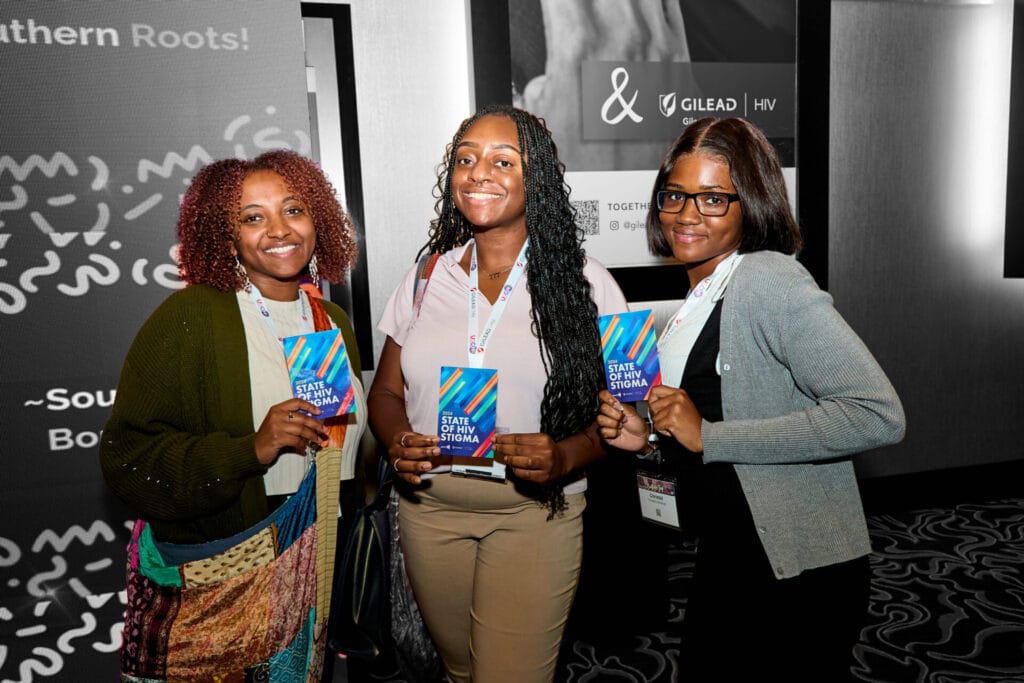
That Friday afternoon, GLAAD in partnership with Gilead Sciences held their own workshop session titled Telling Your Story: Navigating Media, HIV, Advocacy in the South. It offered a deep dive into the evolving landscape of HIV stigma and public perceptions. For the past five years, GLAAD has tracked Americans’ attitudes and knowledge about HIV, highlighting key trends in how stigma persists and how public understanding has shifted. This year the 2024 State of HIV Stigma Report placed a special focus on the U.S. South, a region disproportionately affected by the epidemic, and explored the progress made alongside the work still needed to ensure equitable health outcomes. Presenters, including GLAAD Sr. Director of Communities of Color & Media at GLAAD DaShawn Usher, Vice President of Research & Reports at GLAAD Tristan Marra, and Associate Director of Communities of Color & Media at GLAAD Julian J. Walker shared key insights from the data and provided practical tools for advocates to combat stigma. They emphasized the importance of telling accurate, authentic stories to better navigate the media landscape and drive systemic change in the fight against HIV.
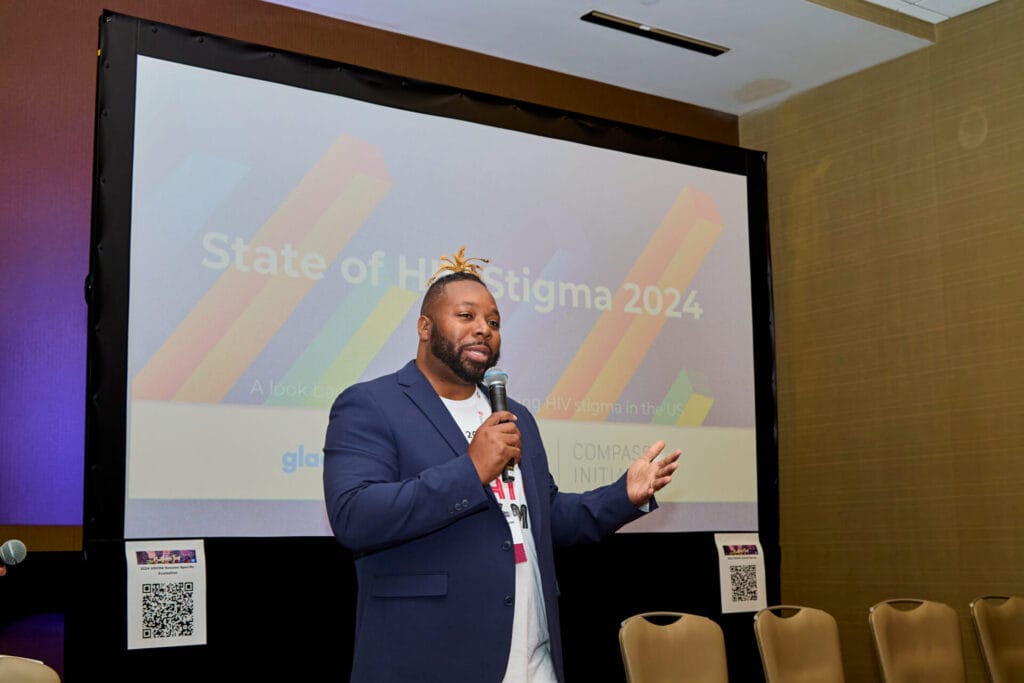
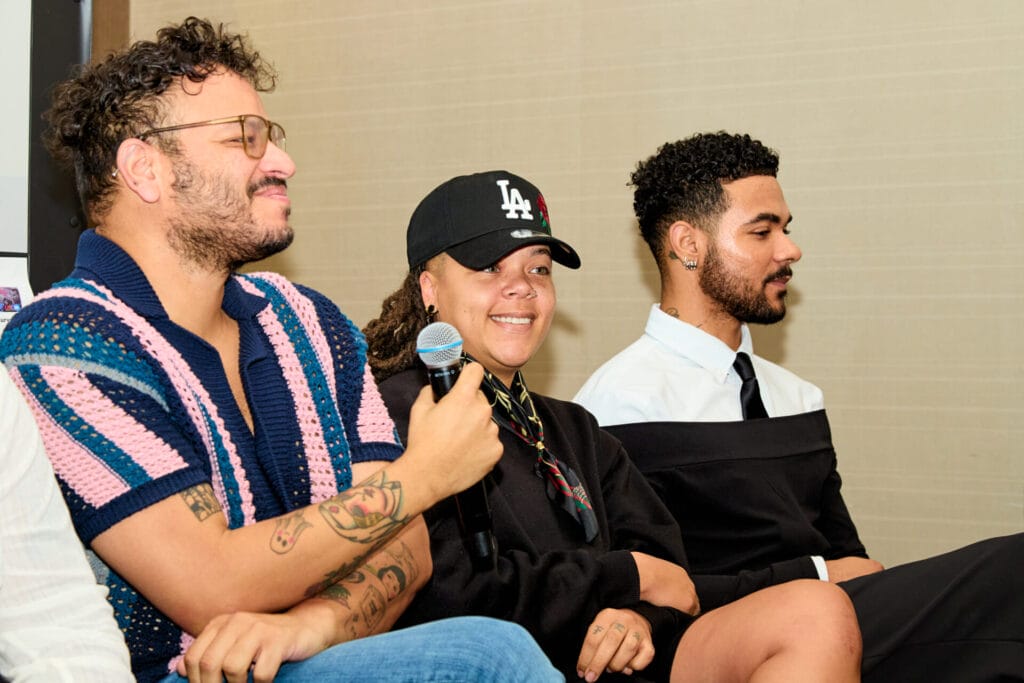
The second half of the session consisted of a panel moderated by award-winning journalist Shar Jossell and held conversation with Ian L. Haddock from The Normal Anomoly Initiative, music artist SHAH, filmmaker Alexander King, and writer Matthew Rodriguez. During the conversation is was discussed in how and why each of these creatives found their way in the space of HIV advocacy as well as next steps that they’d love to use their own art in advocacy of fighting HIV stigma. As well as what they see being needed within the entertainment industry in order to administer true change within the community.
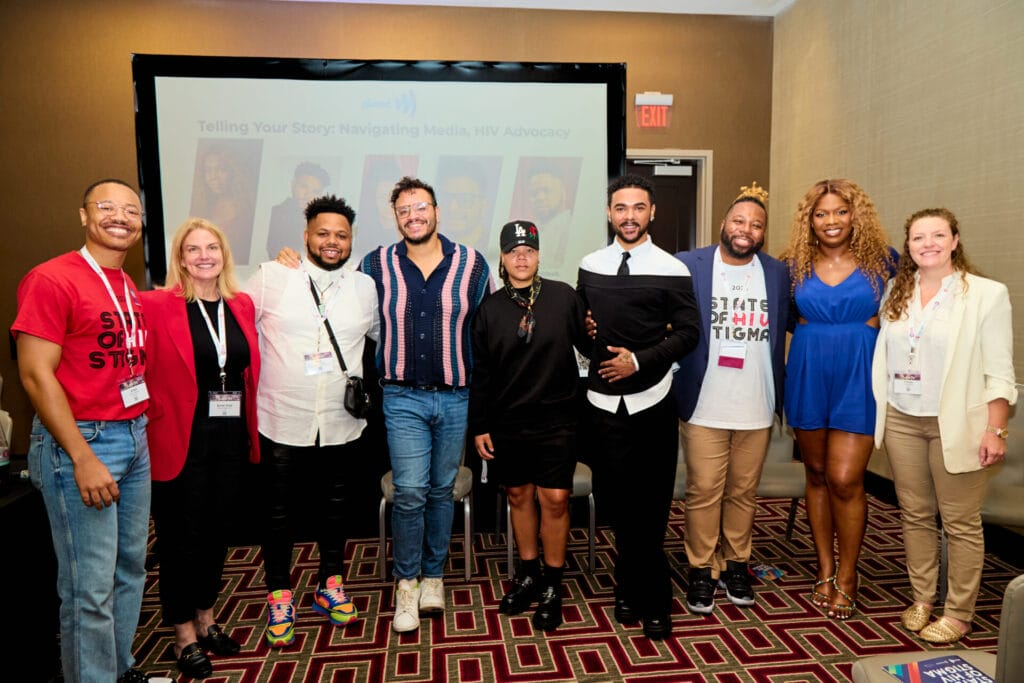
And it wouldn’t be complete to have USCHA focus on Southern Joy in the city of New Orleans without bringing in the sound of Bounce into the space. During an evening reception, attendees had the ability to dance and see the Queen of Bounce, Big Frieda perform and hype each other and the audience to have a good time and bring color and energy into the room.
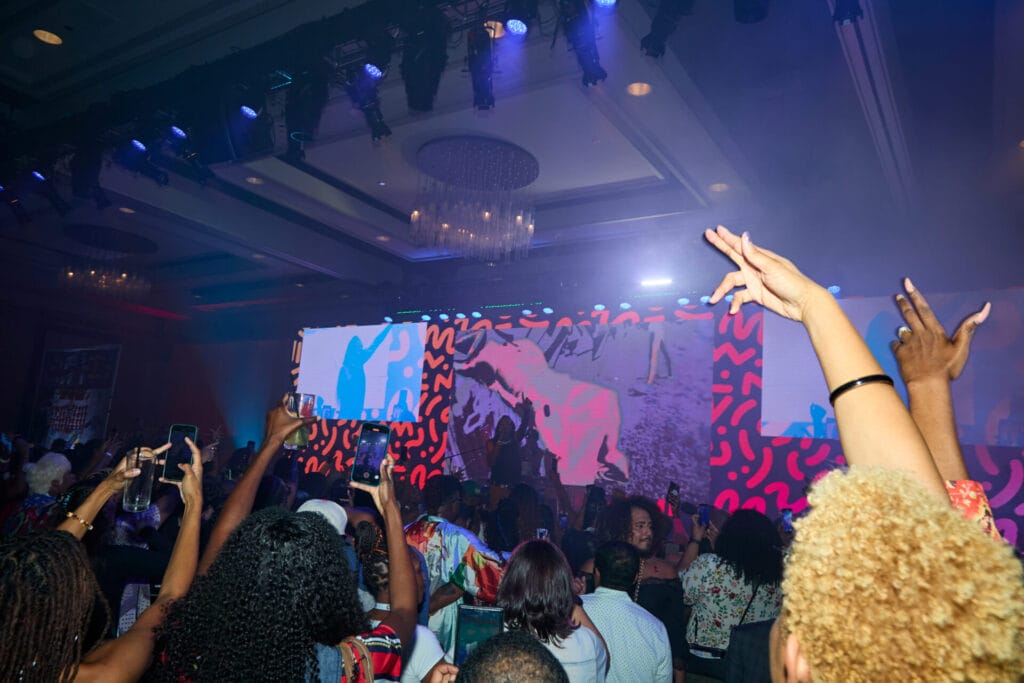
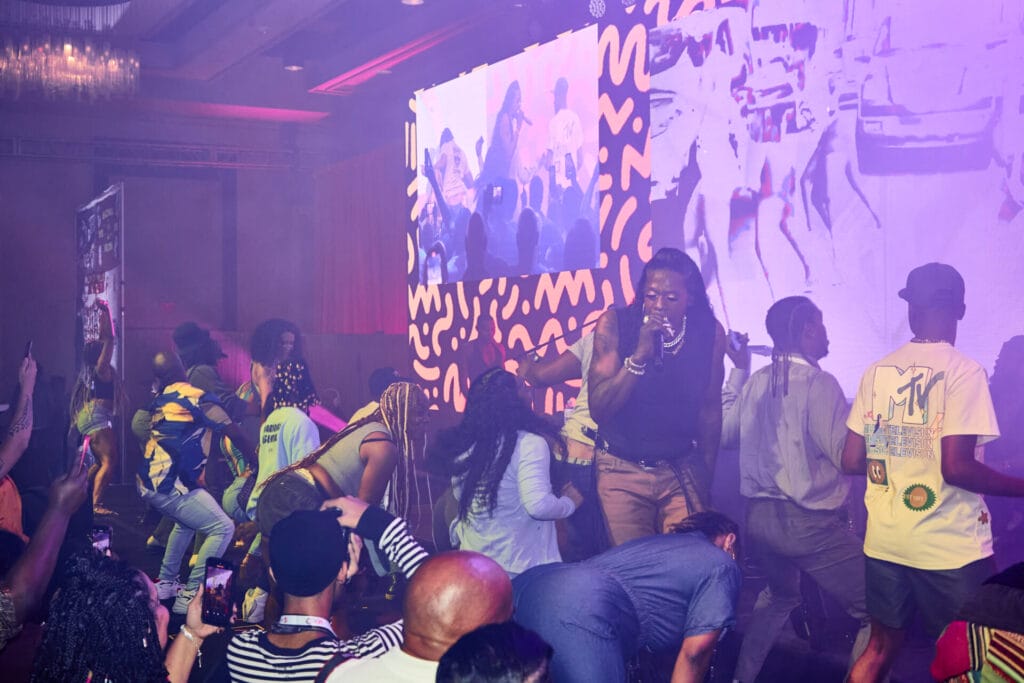
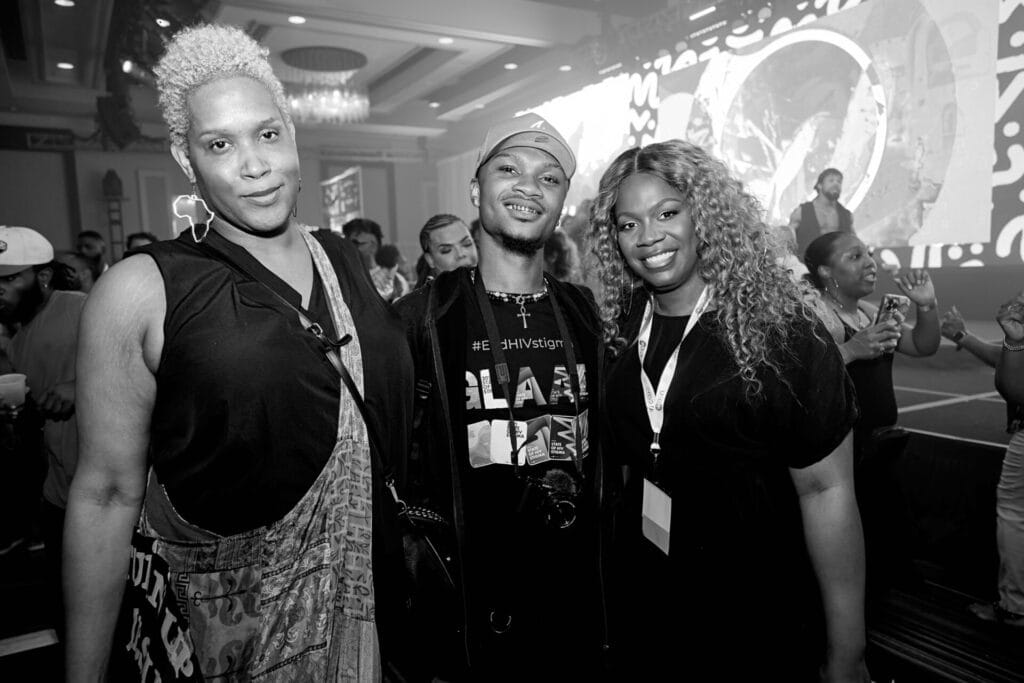
From powerful sessions that emphasized the diversity and resilience of southern communities to workshops that tackled stigma, leadership, and policy challenges head-on, this year’s event reaffirmed the collective dedication to ending the HIV epidemic. Not shying away from addressing complex intersections like racial justice, LGBTQ+ rights, and health disparities, all while celebrating southern joy and history. Bringing both critical insights and vibrant energy to New Orleans. As attendees return to their communities, the messages shared—of unity, action, and hope—will continue to guide the work toward achieving health equity and dismantling the barriers that still stand in the way of ending HIV/AIDS for good.

